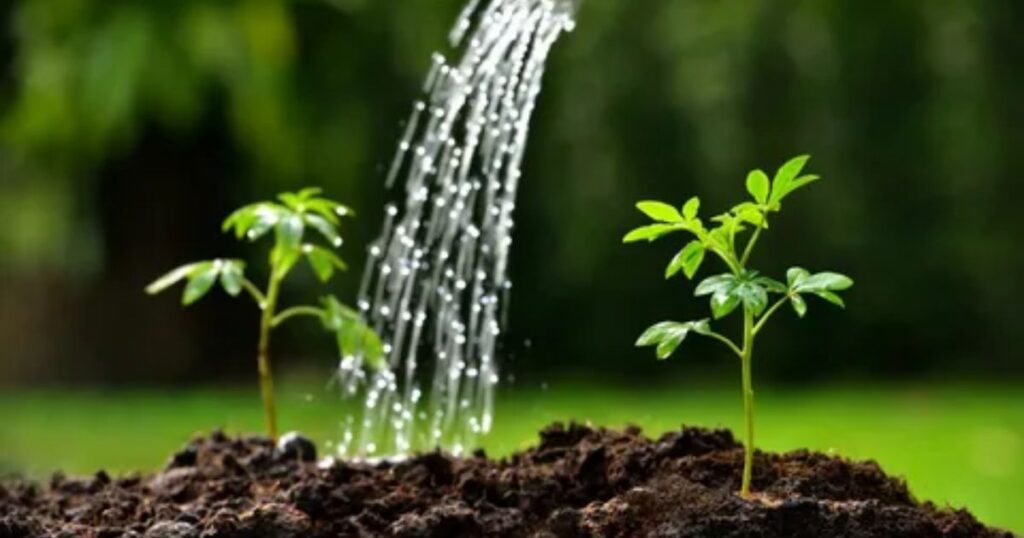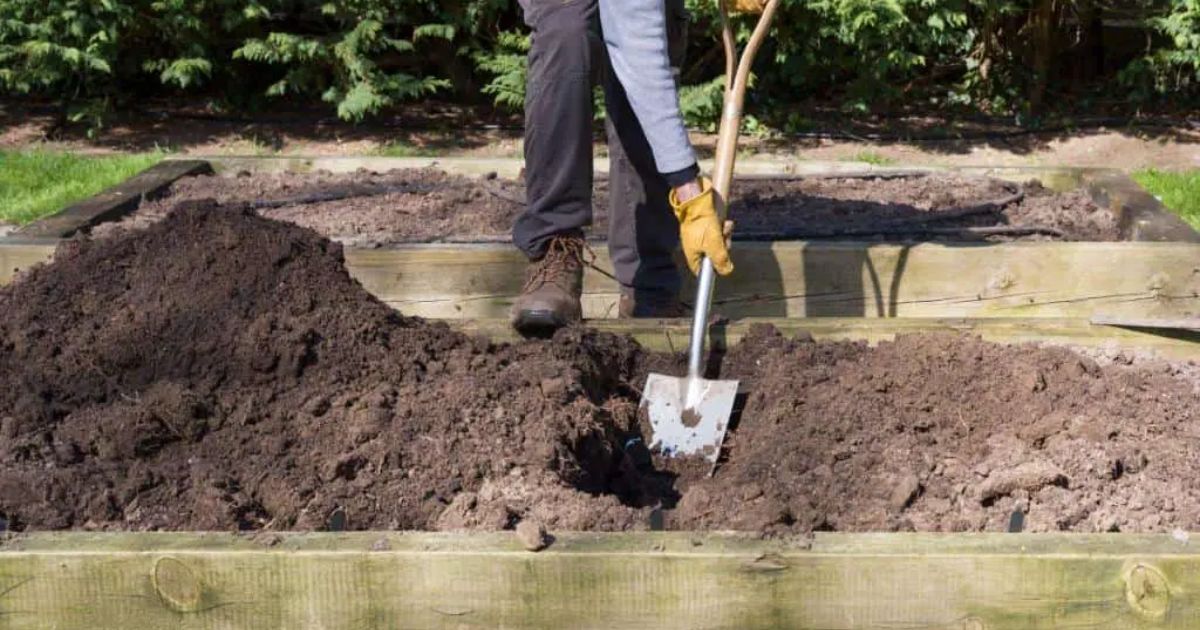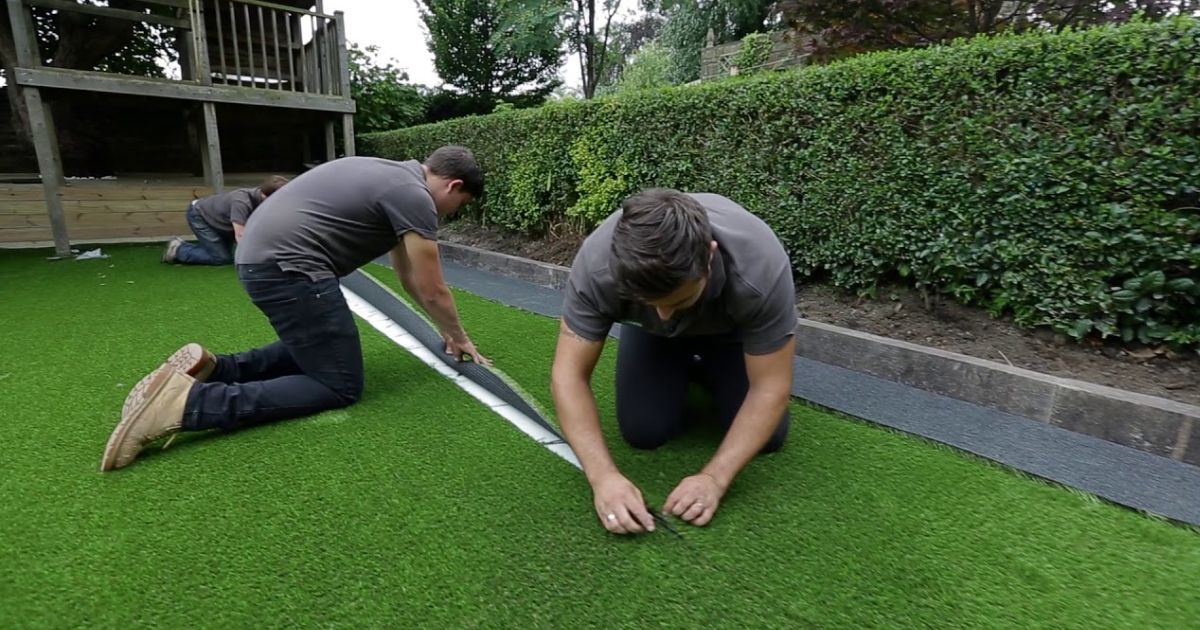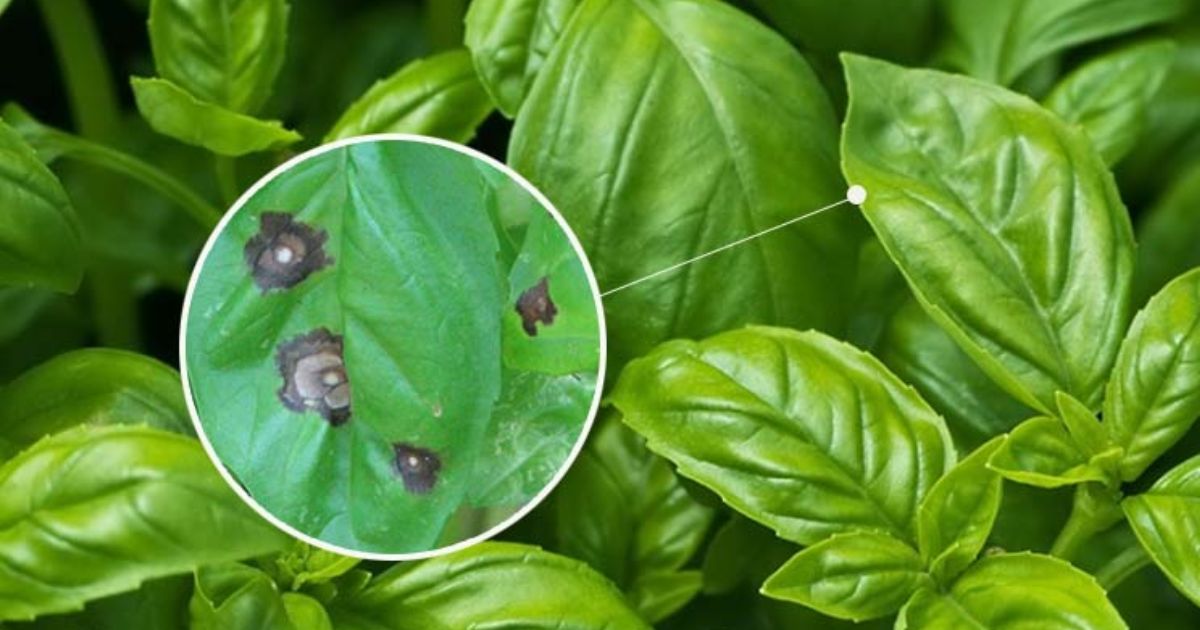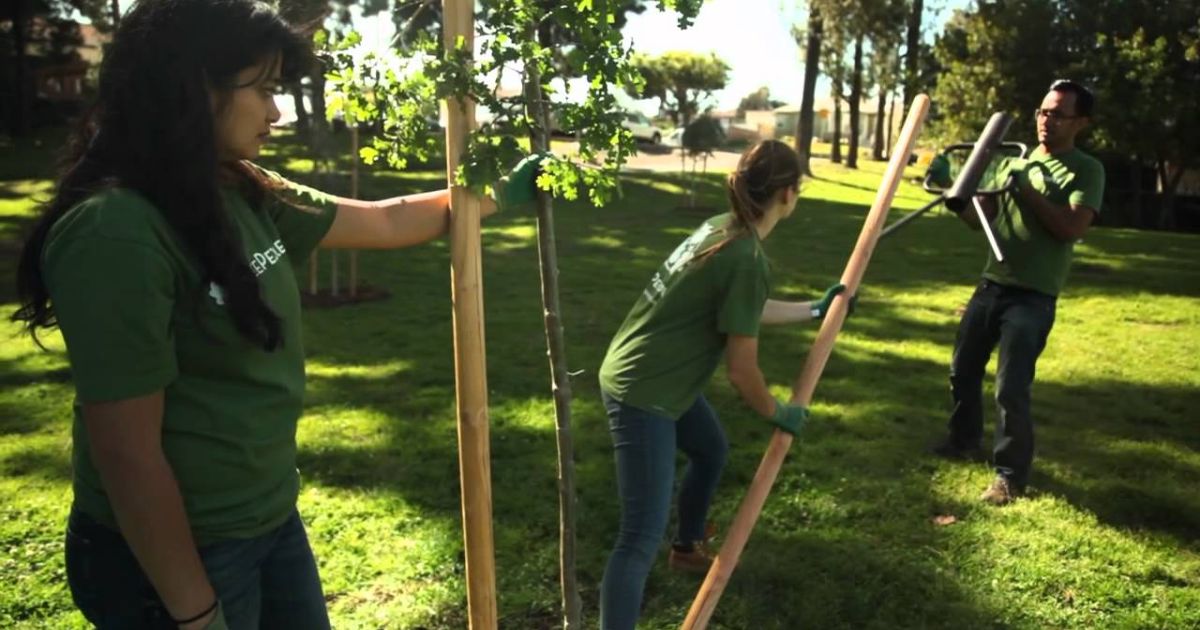Watering your plants seems simple: turn on the tap, fill your watering can, and give your garden a good soak. But if your home uses a water softener, things can get a little more complicated. Softened Water, while great for preventing limescale in your plumbing and appliances, might not be as friendly to your plants as it is to your home.Most water softeners work by replacing calcium and magnesium ions (the minerals that make water “hard”) with sodium or potassium ions. This change makes Water softer, but it also alters its chemical balance, something that can significantly impact your plants’ health over time.
In this post, we’ll explore whether softened Water is safe for plants, why it can be problematic, and what you can do to protect your garden or softened water and plants. By understanding how softened Water affects soil and plant growth, you’ll be better equipped to make the right watering choices for a healthy, thriving garden.
Softened Water: What Is It?
Water treated to remove hardening minerals, mainly calcium and magnesium ions, is referred to as softened Water. Many homes use water softeners to avoid limescale development in pipes, kettles, and appliances caused by hard Water.
They are replaced by sodium or, sometimes, potassium ions.
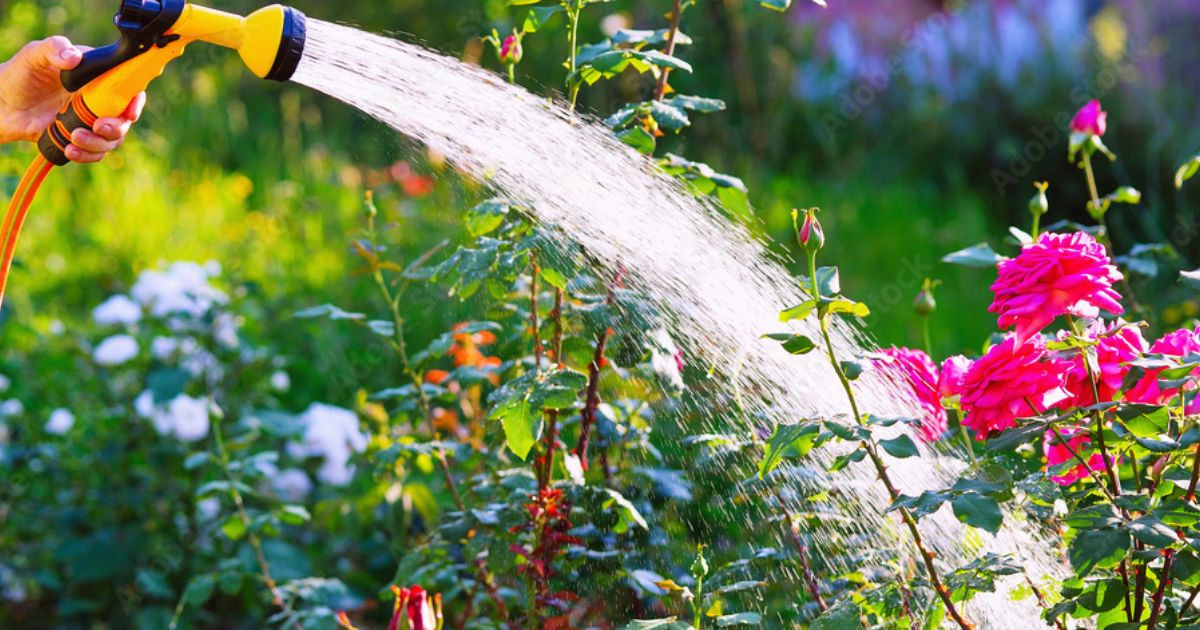
This exchange makes the water “soft,” preventing scale deposits and making soap and detergents more effective.While softened Water is excellent for plumbing and cleaning, How Banana Flowers Are an Unexpected Superfood its higher sodium content can be harmful to plants if used for regular watering. Plants are sensitive to salts in Water, which can affect soil structure, nutrient uptake, and overall plant health.Understanding what softened Water is helps gardeners make informed choices about whether and how to use it to water their houseplants or garden.
The Impact of Water on Plant Health
Now, to the core question: Can you safely water plants with softened Water? The short answer is no, not routinely, especially if it’s sodium-based. While occasional use might not cause immediate harm, long-term exposure can be detrimental.The primary issue is sodium accumulation. Plants absorb Water through osmosis, in which Water travels from regions with low solute concentration (soil) to areas with high solute concentration (plant cells). High sodium levels in Water increase soil salinity, making it harder for roots to absorb Water. Essentially, the plant “thinks” it’s hydrated but is actually dehydrating, leading to a phenomenon where it dies of thirst despite watering.
Scientifically, sodium interferes with nutrient uptake. It competes with essential ions such as potassium, calcium, and magnesium, leading to deficiencies. Over time, soil structure degrades as sodium disperses clay particles, reducing aeration and drainage. This is particularly problematic in potted plants, where limited soil volume accelerates salt buildup.Signs of damage include yellowing leaves (chlorosis), wilting despite moist soil, leaf burn or necrosis (browning edges), stunted growth, and reduced flowering or fruiting. In vegetables, you might see delayed budding or nutrient deficiencies; in flowers, smaller blooms; and in trees, gradual decline. Houseplants like ferns or hostas are especially sensitive and quickly show scorched tips.For illustration, consider these examples of plants affected by high salinity:Sensitive plants like azaleas, How to get rid of house plant flies rhododendrons, or tomatoes suffer most, while salt-tolerant ones like succulents or olives might fare better, but even they have limits. In gardens, repeated use can turn soil toxic, affecting future plantings.
Weighing the Pros and Cons

Like any gardening practice, using softened Water has its upsides and downsides. Let’s break it down objectively.
Pros:
- Short-Term Convenience: If you’re in a pinch and all you have is Water, a one-off watering won’t kill robust plants. It’s better than letting them dry out completely.
- Potassium-Based Benefits: SwitchiWater potassium chloride softeners can turn a con into a pro. Potassium supports photosynthesis, disease resistance, and fruit development, acting as a mild fertiliser. Plants can absorb it without the toxicity of sodium.
- Reduced Mineral Buildup: In hard-water areas, softened watering houseplants with softened water prevents calcium deposits on sprinkler leaves, helping avoid unsightly spots.
Cons:
- Sodium Toxicity: The most significant drawback is that sodium builds up, leading to osmotic stress and nutrient lockout. This is exacerbated in containers or arid climates.
- Soil Degradation: Over months or years, soil becomes saline, compact, and infertile, requiring remediation.
- Plant-Specific Harm: Houseplants wilt faster due to confined roots; lawns may develop brown patches; vegetables yield less.
- Environmental Impact: Excess Sodium in softened water can leach into groundwater, affecting ecosystems.
- Cost of Fixes: Damaged plants require replacements, and soil amendments add to the expense.
Exploring Safer Alternatives for Watering Plants
Fortunately, there are plenty of better options than softened Water. Here’s a rundown of alternatives to keep your plants happy and healthy.
- Rainwater: Nature’s best, soft, slightly acidic, and free of chemicals. It contains dissolved oxygen and trace nutrients that promote vigorous growth. Collect it in barrels White Patches on Leaves of Plants: Causes Treatment and Preventio or buckets from your roof (avoid the first flush to skip pollutants). Ideal for acid-loving plants like blueberries.
- See how thriving houseplants look when watered with rainwater:
- Distilled or Reverse Osmosis Water: Pure and mineral-free, it’s excellent for sensitive plants, such as carnivorous ones. Mix with tap water to add some nutrients, as pure Water can leach minerals from soil over time.
- Filtered Tap Water: Use carbon filters to remove chlorine and chloramines while retaining water minerals. Avoid if your tap is very hard.
- Hard Water (Untreated): Surprisingly, moderate hard Water is fine for many plants, providing calcium and magnesium for strong cell walls. Just watch for white crust on the soil.
- Bypass SyWater: Install an outdoor spigot that taps into the Water before the softener. This gives you hard Water for gardening while keeping indoor Water soft.
- Salt-Free Softeners: These conditioners work without adding sodium, making them safe for Water. Brands like SpringWell offer TWaterstems that prevent scale without chemicals.
- Dilution Method: If softened Water is unavoidable, The Best Indoor Cat Friendly House plants mix it 50/50 with rainwater or distilled Water to reduce sodium. Monitor soil salinity with tests.
Choosing the alternative depends on your location, plant types, and the urban population. Rainwater harvesting is eco-friendly for some, but for others, a bypass might be the simplest option.
Practical Tips for Gardeners Dealing with Softened Water
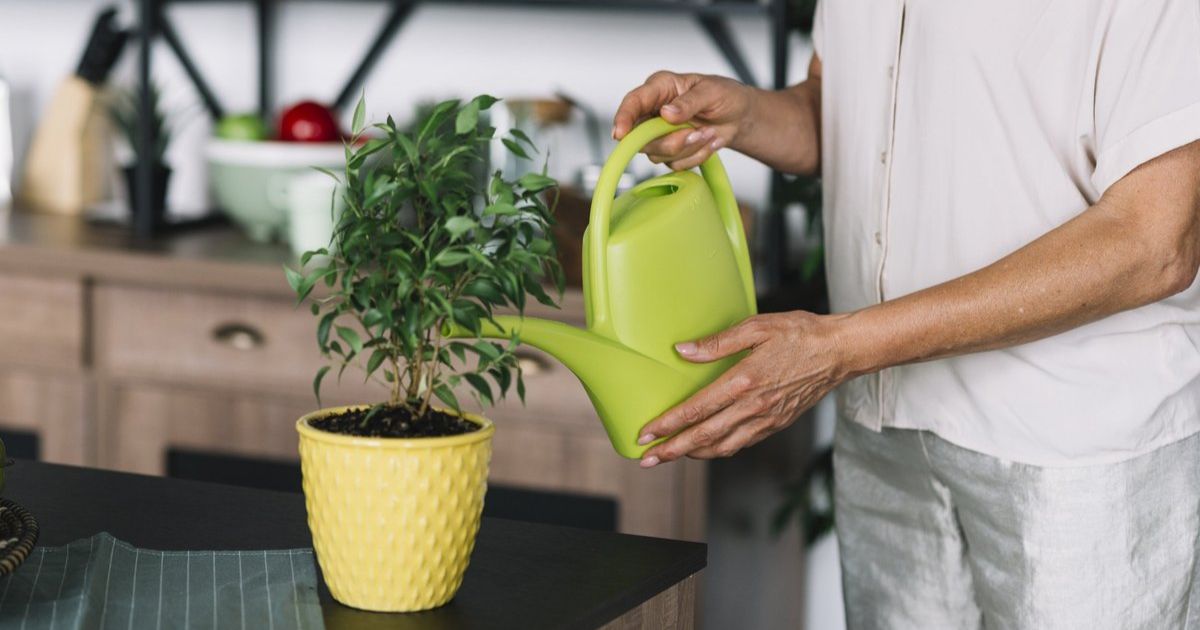
If you’ve already used softened Water and suspect issues, or want to prevent them, here are expert tips:
- Test Your Water and Soil: Use home kits to measure hardness, pH, and salinity. Aim for soil EC (electrical conductivity) below 2 dS/m for most plants.
- Leach the Soil: Flush excess salts by overwatering with fresh Water, allowing it to drain. Do this monthly for pots; for gardens, use deep irrigation. Replenish nutrients afterwards with organic fertilisers.
- Repot or Amend Soil: For affected houseplants, How to Plant Trees: A Comprehensive Step-by-Step Guide repot in fresh mix. Add gypsum to garden soil to displace sodium.
- Choose Tolerant Plants: Opt for halophytes like daylilies or asparagus if sodium is inevitable.
- Monitor and Adjust: Observe plant responses and switch water sources early. In dry areas, mulch to retain moisture and reduce watering frequencygarden watering tips
Conclusion
While softened Water is excellent for keeping your pipes and appliances free of limescale, it’s not always ideal for your plants. The sodium content of Water can build up in the soil, affecting root health, nutrient uptake, and overall plant growth. If not, this may eventually lead to waterlogging, reduced development, and even plant death. Appropriately managed.
However, softened Water doesn’t have to be a total no-go. By using potassium-based softeners, diluting softened Water with rainwater, or alternating with water-softened Water, you can reduce potential harm and still keep your garden hydrated. Understanding the effects of softened Water on plants enables Watero to make smarter watering decisions, ensuring your houseplants and garden thrive without compromising your home’s water use.
FAQ
Can houseplants tolerate softened Water?
Most houseplants are sensitive to the sodium content in softened Water. rainwater vs softened water Occasional watering may be okay, but frequent use can cause yellowing leaves, wilting, and poor growth.
Is potassium-softened Water safe for plants?
Yes. Water softened with potassium rather than sodium is much safer for plants, as potassium is a nutrient that plants actually use.
How can I remove salt buildup from soil?
Flush the soil with fresh Water (rainwater or untreated tap water) to leach out excess sodium. Regular flushing helps maintain healthy soil structure and prevent water damage.
Can I mix softened Water with rainwater for watering plants?
Absolutely. Diluting softened Water with rainwater reduces sodium concentration, making it suitable for both indoor and outdoor plants.
Are there alternatives to using Water for my garden?
Yes. The best options include rainwater, distilled Water, or untreated tap water. These options avoid the sodium Waterup associated with softened Water while still keeping your plants hydrated.
How do I know if my plants are being affected by softened Water?
Look for yellowing, wilting leaves, stunted growth, or leaf drop. Soil testing for salinity can also confirm whether the sodium level is too high.

